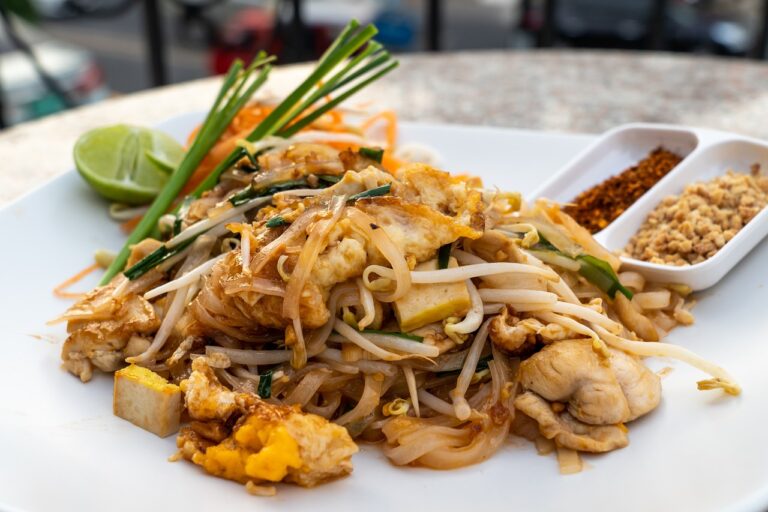The Role of Food in Religion and Spirituality
Fasting holds a prominent place among many religious traditions globally. It is seen as a practice that promotes self-discipline, spiritual reflection, and a deepening of one’s connection to their faith. During a fast, individuals abstain from consuming food or drink for a set period, which varies among different religions and sects.
In Islam, fasting during the holy month of Ramadan is considered one of the Five Pillars of the faith. Muslims fast from dawn until sunset, refraining from eating, drinking, and engaging in certain behaviors. This practice is believed to cleanse the soul, increase empathy for the less fortunate, and strengthen one’s devotion to Allah. The act of breaking the fast each evening, known as Iftar, brings together families and communities in a shared celebration of gratitude and unity.
Food as a Symbol of Communion and Unity in Spiritual Beliefs
Food holds a profound significance in various spiritual beliefs around the world. It serves as a symbol of communion and unity, bringing people together in shared acts of nourishment and fellowship. By partaking in meals together, individuals not only satisfy their physical hunger but also connect on a deeper level, fostering a sense of unity and togetherness within the community.
In many cultures, the act of sharing food is considered a sacred ritual that transcends language and cultural barriers. Whether it is a simple meal shared among family members or a grand feast celebrating religious festivities, food symbolizes the bond that unites individuals in their beliefs and traditions. Through the act of communal dining, people are able to demonstrate their respect, gratitude, and hospitality towards one another, reinforcing the values of love, compassion, and harmony within their spiritual practices.
The Ritual of Food Offerings in Different Cultures and Faiths
Food offerings play a significant role in various cultures and faiths around the world. These offerings are often seen as a way to give thanks, show respect, or seek blessings from the divine beings. The act of offering food is considered a form of communication with the spiritual realm, where the physical act of offering symbolizes a deeper connection and reverence.
In Hinduism, food offerings known as “prasadam” are made to deities in temples as a gesture of gratitude and devotion. The offerings are believed to be blessed by the gods and are then distributed to devotees as a form of spiritual nourishment. Similarly, in Buddhism, offerings of food are made to the Buddha and monks as a way to cultivate generosity and mindfulness. The act of giving food is seen as a means of supporting the spiritual community and fostering a sense of interconnectedness.





